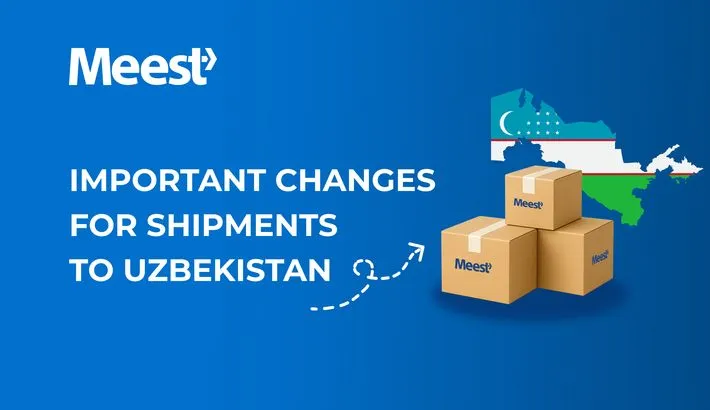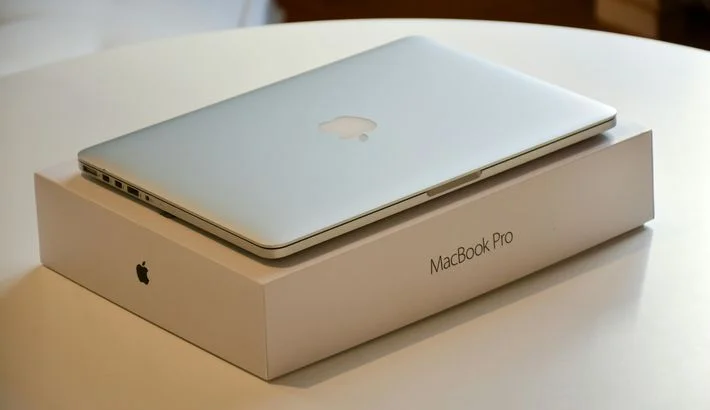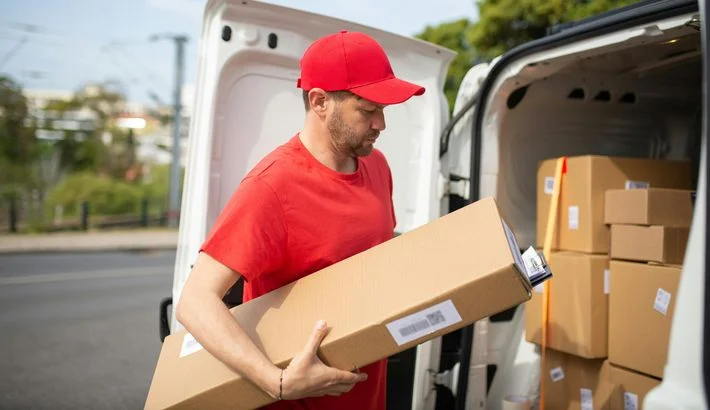


How to Get an EORI Number for Shipping to the EU
Exporting and importing goods from or to the European Union (EU) is a great chance to broaden your horizons as a business. If you have decided to branch out, however, you will be dealing with international customs regularly. Naturally, questions like “what is EORI number?” will arise, and you will have to acquire a valid Economic Operators Registration and Identification to be officially involved in customs procedures.
Without one, your shipments can be delayed or even rejected. This guide will help you understand if you need an EORI, how to apply, and what happens after.
Who Needs an EORI Number?
Not everyone shipping from or to the EU needs this identification. Next, we will explain who has to apply, such as freight forwarders and manufacturers, and who is exempt from the process.
Broad Requirement
All economic operators, regardless of whether you have a huge business or work as a one-person team, importing or exporting to the EU generally require an EORI number. It is an essential certification in the entire supply chain for taking part in any customs operations during transit. The number initially links the operator identification to the applicable customs authorities, providing them with the needed documentation to grant entry.
B2B Shipments
If your customers are businesses receiving spare parts, samples, or other goods in the EU, you will typically need an EORI to clear the commercial goods during customs. Working with the carrier service or customs representative also requires them to own the identification.
When You Might NOT Need One
Individuals who don’t represent a business and do not engage in commercial shipments as economic operators won’t be asked to provide an EORI number by their courier services, such as Meest, or local postal services. Operators registered in the EU working with other EU-based businesses do not need an EORI, either, as they work with internal commercial invoices.
Under some Incoterms, another party working with you from the EU can manage the customs on your behalf. Then, you don’t need to acquire the number. Yet, you should always check the current rules and regulations both in the EU and domestically before working with a representative.
The EORI Application Process: Based on Your Business Location
Now that we know the EORI number meaning, we can move on to applying for the identification. This process depends on your location and EU business registration.
Scenario 1: Your Business is Based IN the EU
Shippers established in an EU Member State can apply for the EORI number at the local customs representative office. For general convenience, most of them have already launched online application procedures via official websites.
One number issued by the Member State can be used across the entire European Union. The first two letters should match the issuing country’s code. Once you receive the code, you can validate it through the Commission’s service.
Scenario 2: Your Business is Based OUTSIDE the EU
If you want to apply for EORI number and your business is not based in the EU, you should note which countries you plan to work with and apply at the corresponding Member State. You can either apply directly with an online form, as mentioned above, or work with a customs broker to do it on your behalf. The latter means that the intermediary will often clear goods during customs procedures in the future.
Member States may have different rules and requirements. Some ask for additional documentation from businesses, such as:
- company registration;
- proof of identity;
- VAT certificate.
If you plan to ship goods to one EU country, collect the needed documentation and register through that Member State. We will guide you through the information commonly requested next.
Step-by-Step: Information You'll Need to Apply
National forms vary from country to country. Yet, most common information about your business will be required by all Member States. This includes the basics, such as the:
- registered company name;
- office address;
- trading address;
- and registration number.
In case your company has a VAT ID, you should also include it in the form.
To apply successfully and receive EORI number validation, you will additionally have to include your name, phone, and email. Customs representatives will reach out via this contact information, if needed. Next, you will be asked to state your economic activity. Non-EU applicants have to provide the place and date of the first customs operation, as well as their EU representative.
As a business owner, you should be able to prove the data you share with corresponding documents. So, scan it in case you need to show proof.
After You Apply: What to Expect
Once you send your application online or by email, you can expect a reply in a few days. Some Member States issue an EORI number right away, while others take a couple of weeks to check the documentation and request additional information. Your identification will arrive at your email address or the portal you’ve applied to. You can use it in the customs declaration right away.
The EORI number format consists of letters and numbers. The first two letters should be the issue's Member State code. They are then followed by a number identifier — a unique code assigned to your business. You can always check the validity of the code through the EU Commission’s validation tool.
Frequently Asked Questions (FAQ)
Is the EORI number the same as a VAT number?
No, the EORI number and a VAT number are two completely different things. The former is an identifying code used during customs procedures. The latter is an identifying code used during taxing procedures. Although they are linked — international customs require a VAT number for EORI registration — they serve different purposes.
Is an EORI number the same as IOSS?
No. EORI is an identification number used by customs when processing business shipments. IOSS (Import One-Stop Shop) is a VAT-based process established to minimize tax obligations for low-value goods imports. If you are a business using the IOSS scheme, you might need an EORI for customs clearance, but they are separate.
How much does it cost to get an EORI number?
Receiving the EORI number is free. All you need to do is access the national customs authority website and apply. In case you are using a third-party service for a more convenient application process, they will require a payment, but they are not mandated.
How long is an EORI number valid?
Once you receive your EORI, you can use it for the logistics until your business is officially closed. They do not have an expiration date, nor do you have to apply yearly to keep it valid. You should notify the authorities of any changes in your business, though.
Conclusion
If you import or export goods to or from the EU, you should know how to get an EORI number to simplify the customs clearance process. Non-compliance with the identification requirements can delay the shipping process or even trigger returns.
EU-registered businesses can apply through local customs portals. Non-EU businesses can register with the Member State where they play their first import procedure. Receiving the EORI number is completely free and straightforward, and it will save you time and hassle during international shipping.












